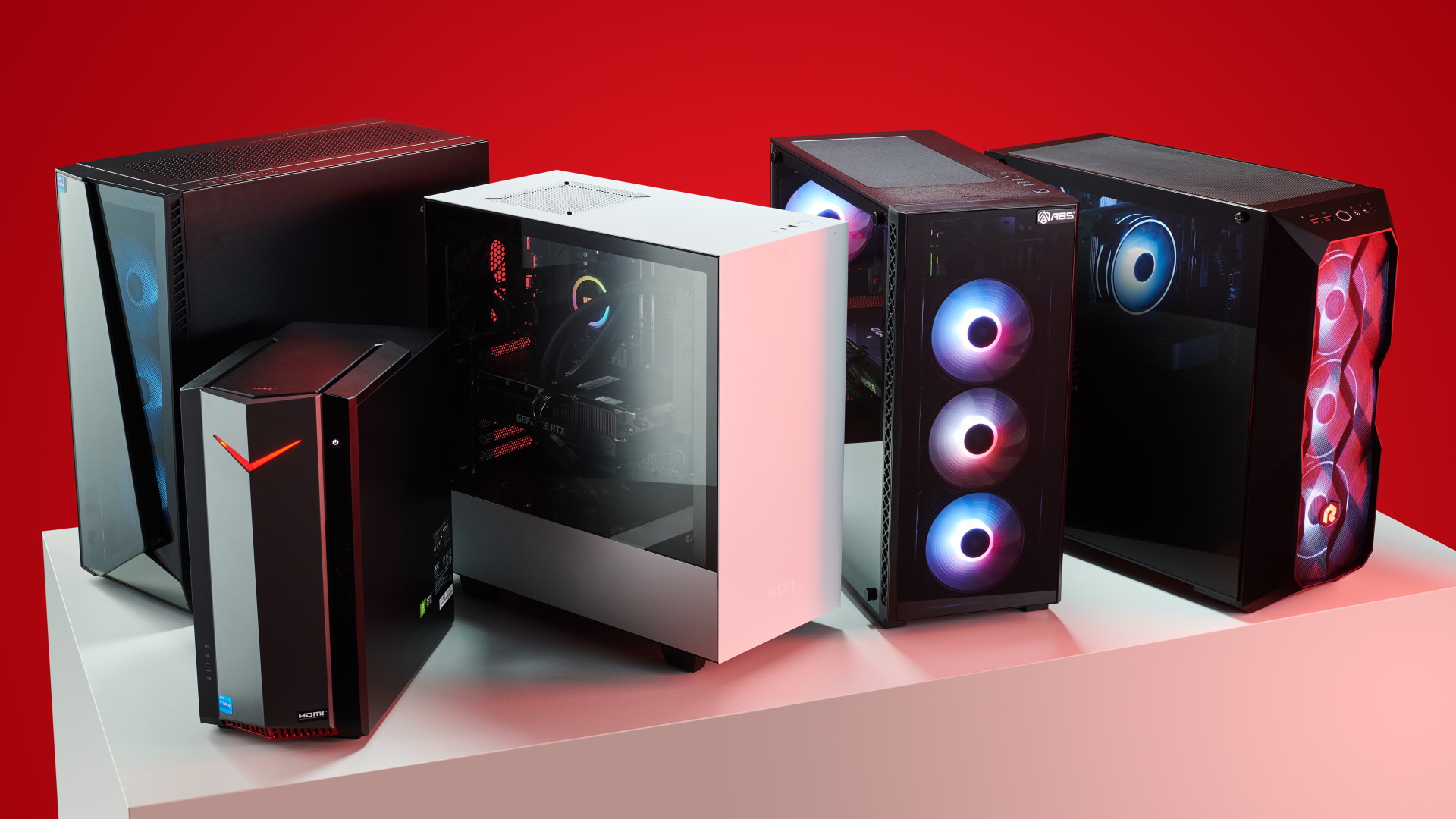Playtron promises an alternative to SteamOS for handheld PCs: 'Play all your games from every store, Steam, Epic and more'
Playtron claims SteamOS is "compatible with Steam only", which isn't true, but is one reason it's giving for creating its own Linux distro called PlaytronOS.

Playtron hopes to become the Linux-based operating system for gaming across handhelds, laptops, TVs, and, uh, in cars. According to the company, the PlaytronOS will be an improvement over Valve's own Linux-based gaming distro, SteamOS, because it won't be locked to a single storefront: it will be "compatible with every game store and many 3rd party integrations to come."
Playtron calls itself "a light weight gaming OS optimized for a new generation of powerful handheld gaming PCs." The company's website also calls out both Windows and SteamOS as being a poor fit for handheld gaming, and promises to be better.
The Playtron website is not particularly well written, which may go some way to explaining why it's calling out the SteamOS as locked to the "Valveverse" and solely compatible with Steam. That's not true—the second bit isn't, anyways, I'm not really sure what a Valveverse is. But you can launch other stores on the handheld: you have to go around Big Picture mode and onto the desktop to set it up, after which you can often add the launcher to Steam itself.
Since the Epic Games Launcher is unpleasant on Steam Deck, I use the third-party Heroic Launcher instead. I probably play more games on Heroic Launcher than I do on Steam on my Steam Deck these days, but it would be nice if those launchers were easier to access on Steam Deck out of the box. Same goes for GeForce Now, which I've been hoping would get some sort of official app on Steam Deck at some point, but to no avail.
Playtron's website suggests that's where it comes in. It claims to have managed to get "every game store" working on its own OS.
Playtron will be available to download on other handhelds, including the Steam Deck, and says it's in discussions with "OEMs and mobile operators to build and deploy Playtron devices around the world in the 2025 timeframe," says founder and CEO Kirt McMaster, who previously set-up Cyanogen, an alternative to Android, to The Verge. Handheld maker Ayaneo is reportedly planning to ship a Playtron native handheld sometime this year.
The company's site suggests it hopes to be in both x86 and ARM systems, including cars, in "the coming years."
Keep up to date with the most important stories and the best deals, as picked by the PC Gamer team.

Best gaming PC: The top pre-built machines.
Best gaming laptop: Great devices for mobile gaming.
Though it feels a bit odd that in supporting Linux gaming, Playtron is determined to fire shots at one of the more successful Linux gaming projects today in SteamOS. Windows has much more of a stronghold in the best handheld gaming PCs right now and I feel there's more than enough space for two Linux distros.
Steam Deck is supposedly going to be made available to other gaming handhelds in the future. Back at the launch of the Steam Deck OLED, Valve said it was a mission "very high on our list." The release has been in the works for a while now, and maybe that does leave space for some other Linux-based gaming distro to worm its way into the market.
It's a valiant goal to create an OS that's removed from the biggest figures in the gaming space and offer equal access to your games. However, I can't say I buy into PlaytronOS from what I've seen of it so far through the website. Maybe it's just the language used or the lack of any real functionality on display (The Verge had some hands-on time with it and it was reportedly fine), but I want to see more than this to get an idea of what it is Playtron is actually doing.
Hopefully the OS and upcoming handheld devices will materialise into something worth shouting about in a few years time. In the meantime, I'll stick to my Steam Deck.

Jacob earned his first byline writing for his own tech blog. From there, he graduated to professionally breaking things as hardware writer at PCGamesN, and would go on to run the team as hardware editor. He joined PC Gamer's top staff as senior hardware editor before becoming managing editor of the hardware team, and you'll now find him reporting on the latest developments in the technology and gaming industries and testing the newest PC components.

